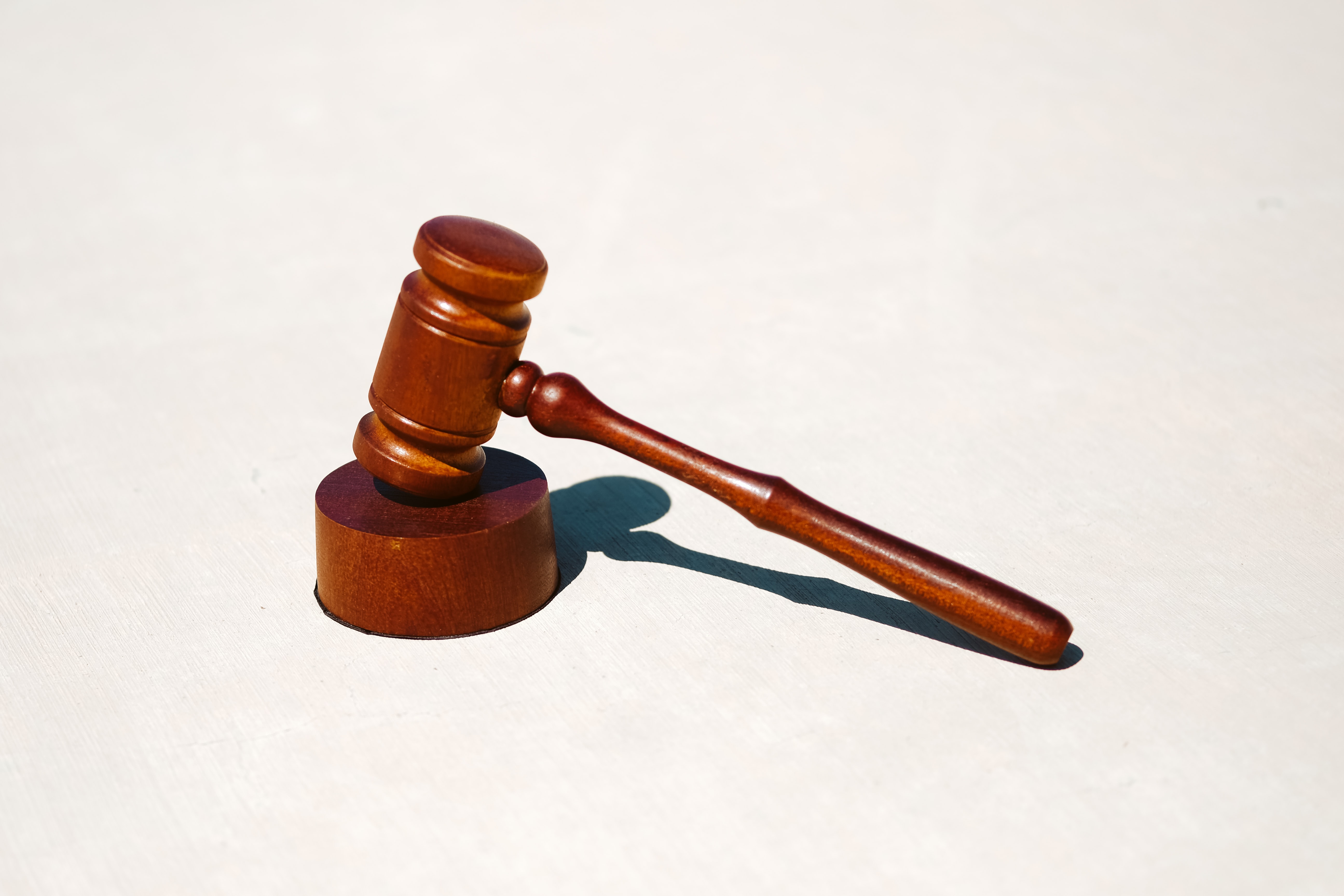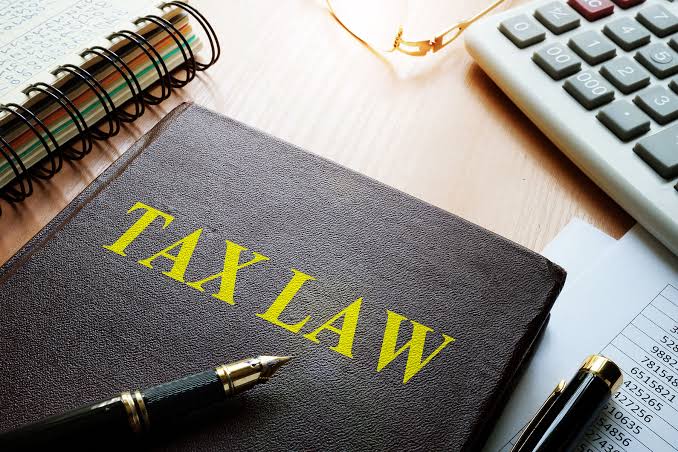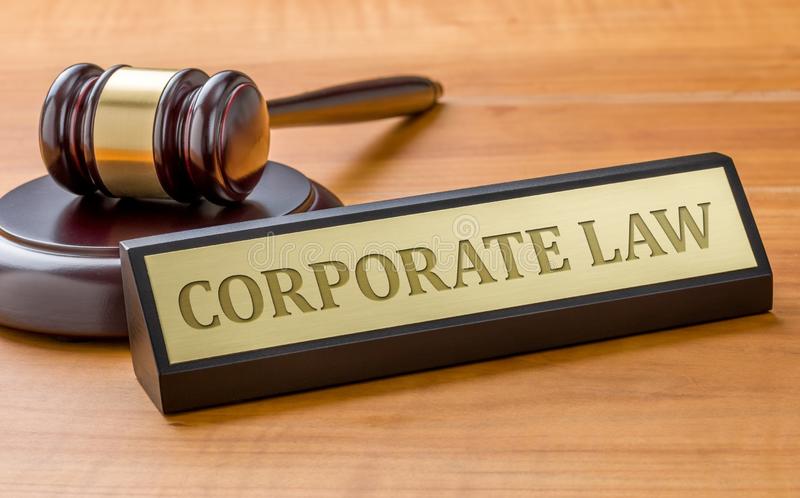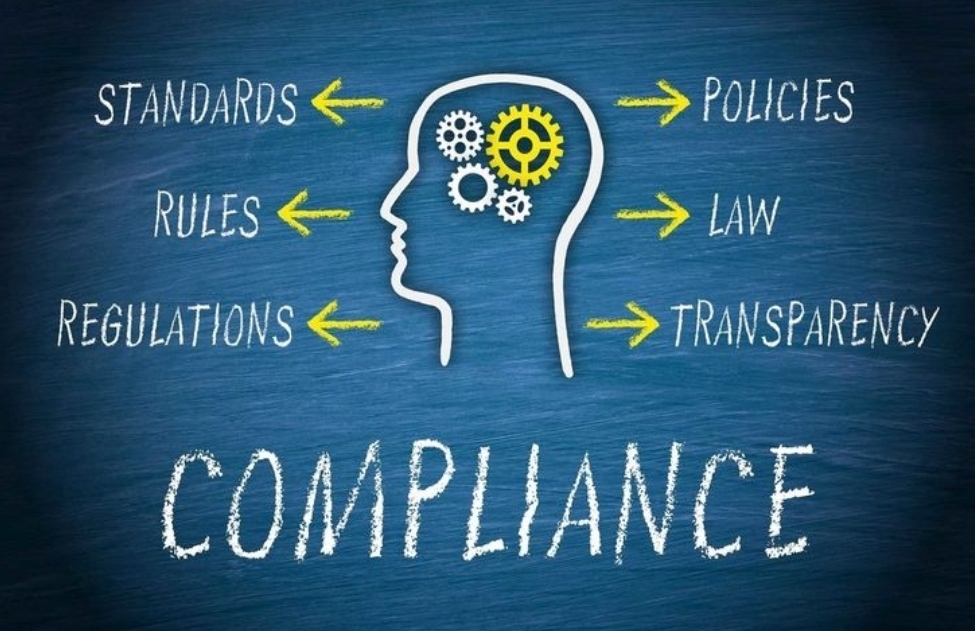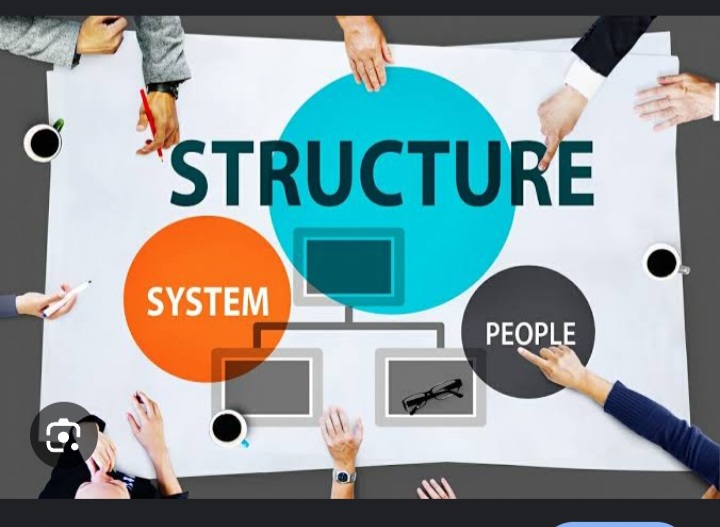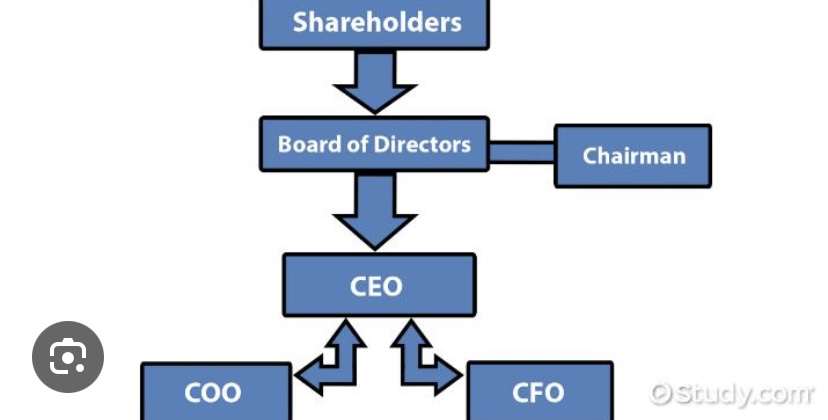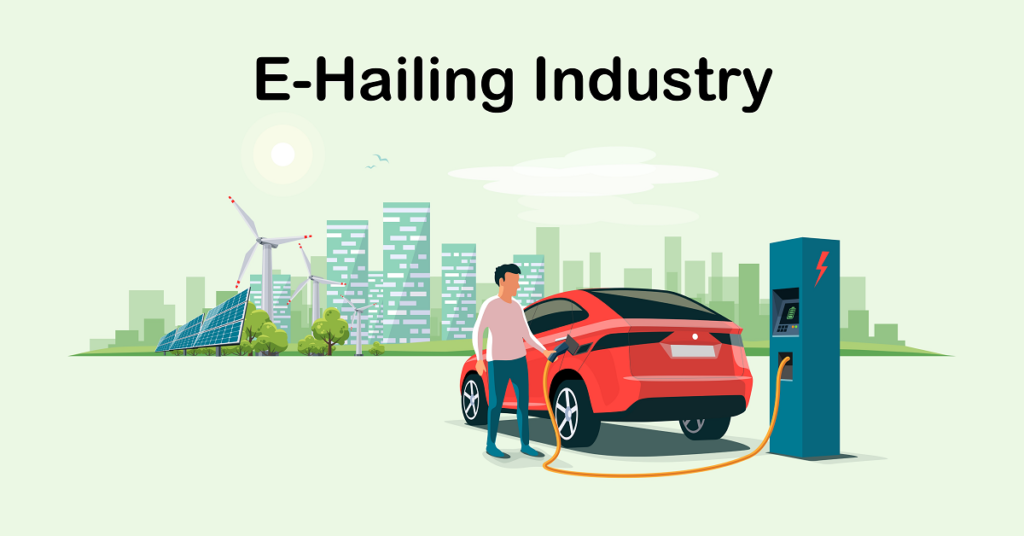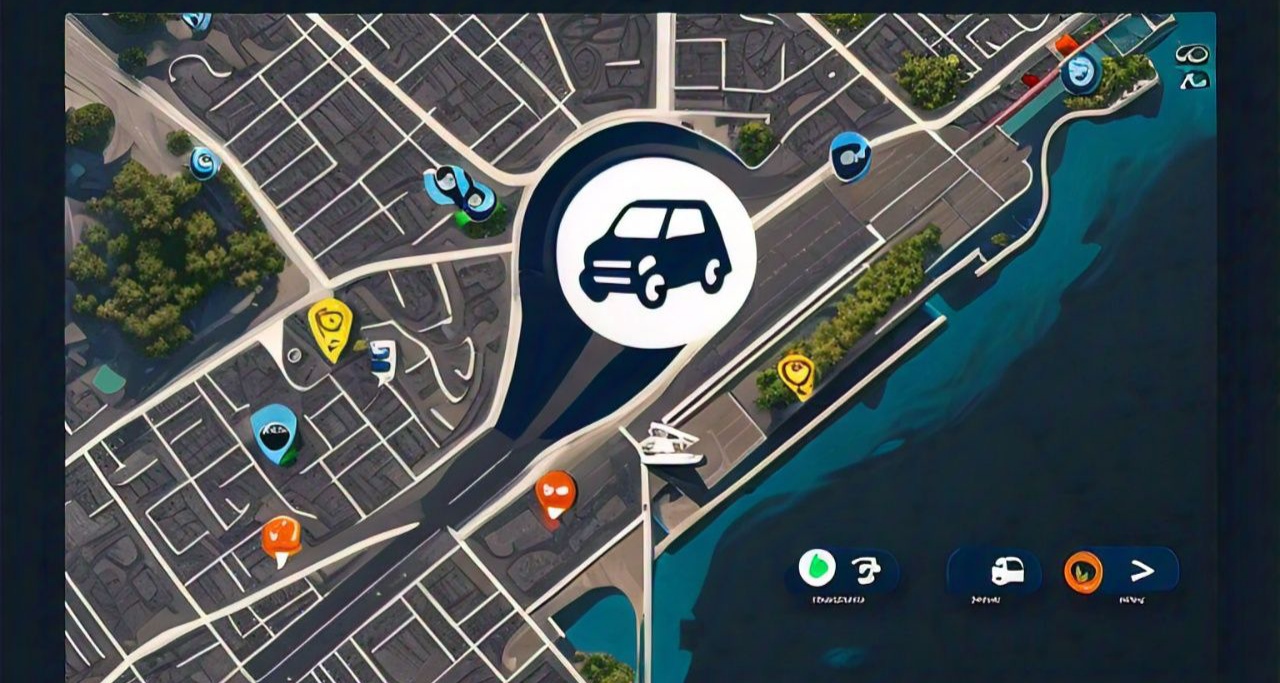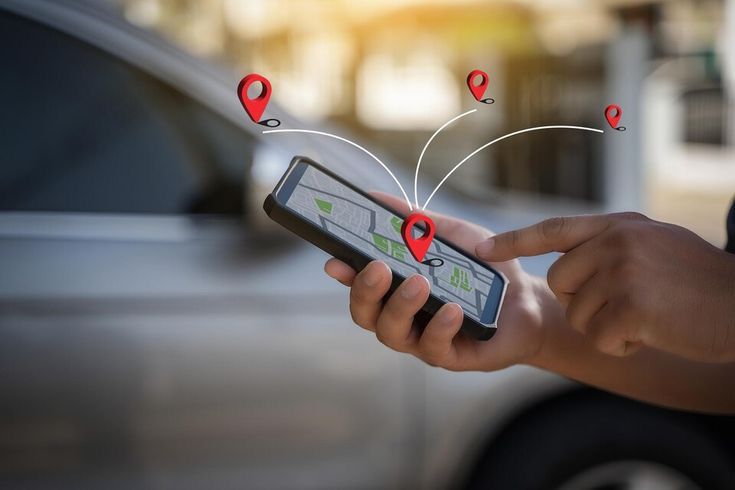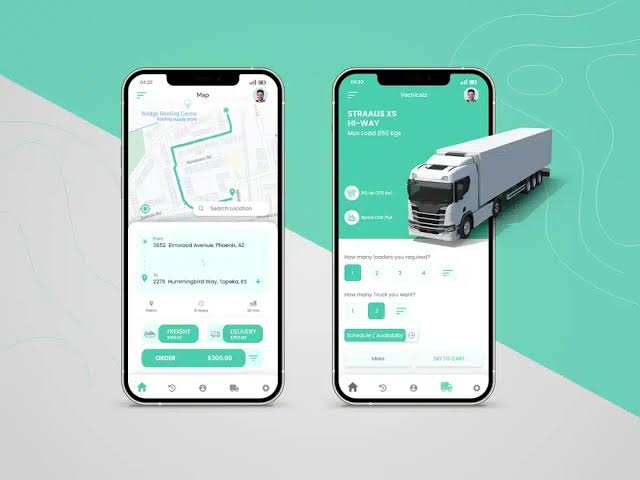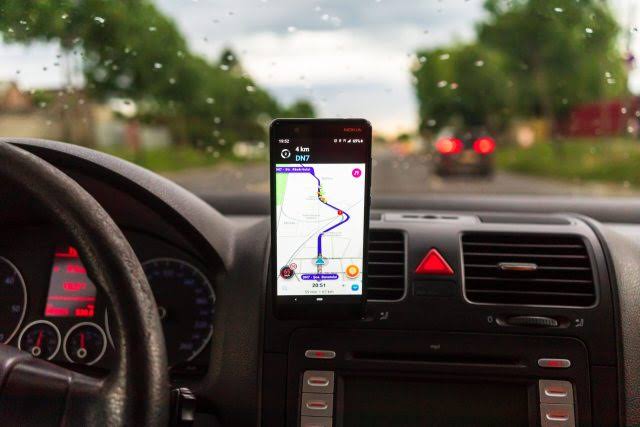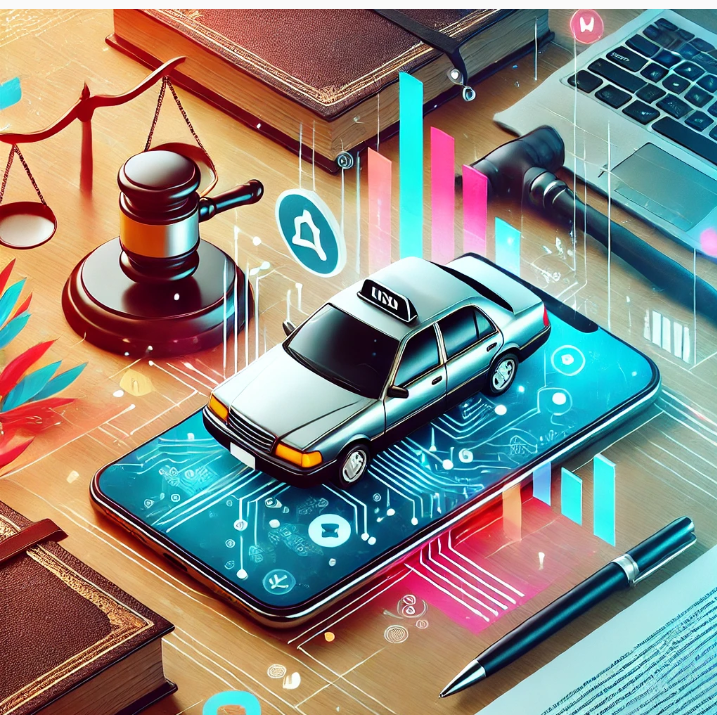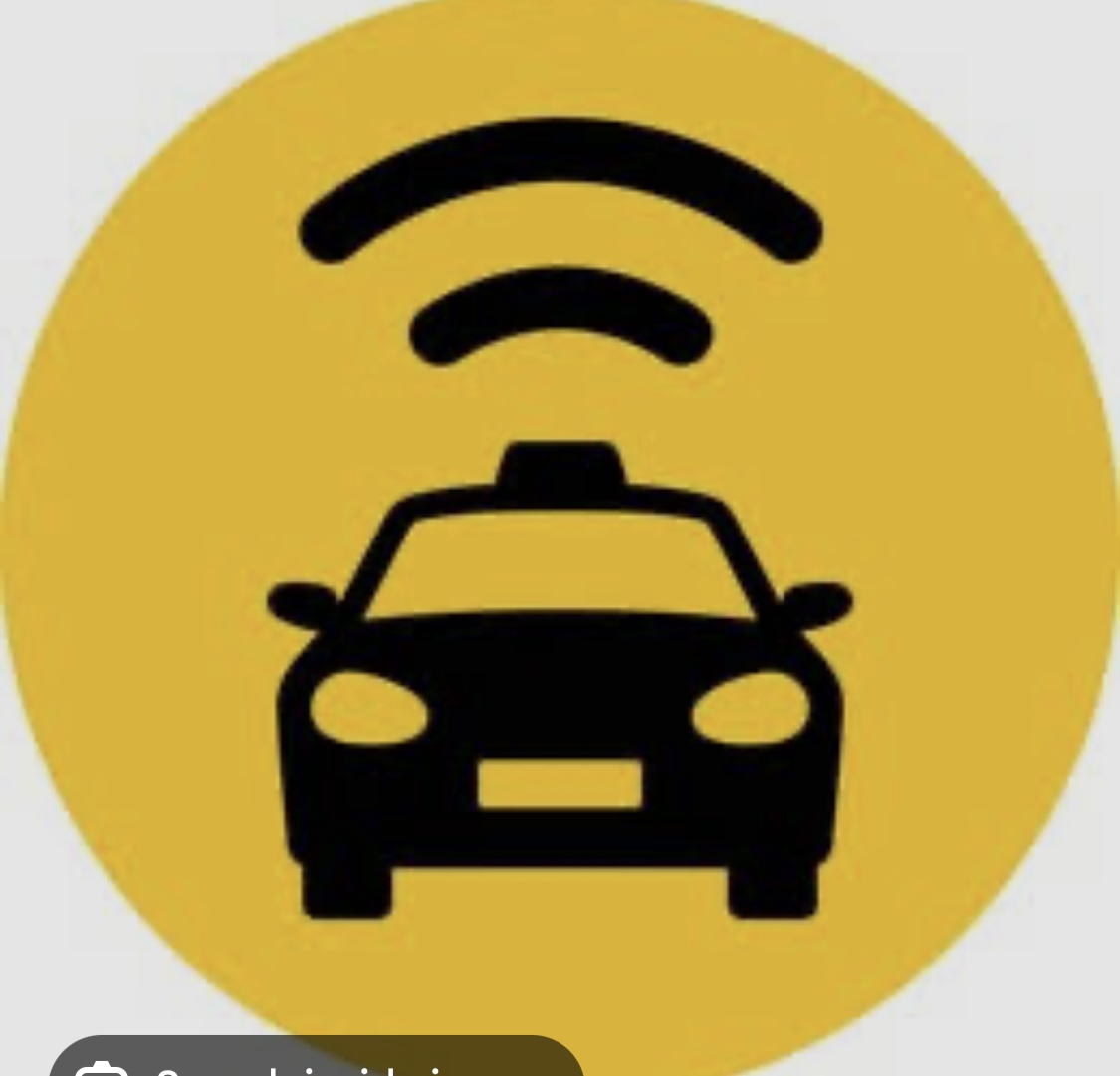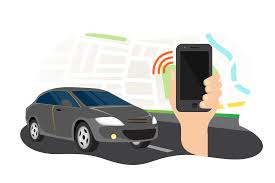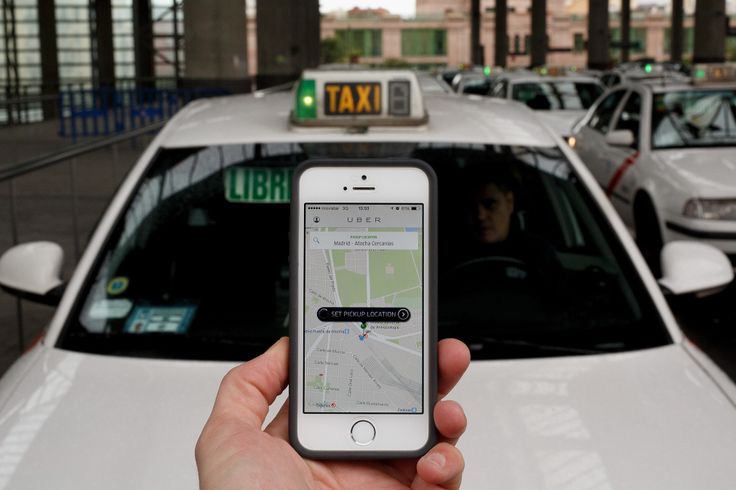
INTRODUCTION:
The Companies and Allied Matters Act,2020(Hereafter referred to as CAMA 2020) in Sec. 863 emphatically provides that for a person or an association of persons to carry on with a business in Nigeria with a registrable business structure, such business must be registered under CAMA,2020. The section furthered by making it an offence to carry on with such business without due and proper registration.
The Corporate Affairs Commission (CAC) is the body authorized by CAMA,2020 to undertake the responsibility of business registration. The surging question might be; what is the fate of small businesses that are not registered in view of the extant provisions of Sec. 863 of CAMA, 2020? The provision does not draw a conclusion that all businesses whether big or small should get registered in order to drift away from the criminal liability. The plain suggestion is that businesses carried out in a registrable business structure such including partnership structure, having a company or business name e.t.c must be registered otherwise such business is operating illegally.
It is a professional advice to all E-hailing tech Startups in Nigeria to get registered. This step is part of seeking protection from law. Having seen the need for registration of companies,some queries now arises thus:
1. WHAT TYPE OF A BUSINESS STRUCTURE IS MOST SUITABLE FOR AN E-HAILING TECH STARTUP IN NIGERIA?
The choice of a business structure is usually influenced by a lot of factors ranging from the nature of business,mode of control, liabilities, investment needs, continuity and Government regulations. However, some E-hailing tech enterprises started basically as a Private Limited liability Company or as a Limited liability Partnership or even as a sole proprietorship. Tracing the structural history of some of the existing E-hailing tech enterprises in Nigeria one will realize that oftentimes, these enterprises after registering originally in the forms listed above takes further steps after a while of operation to transform to a Public Limited Company. This need from my own perspective is informed by the investment needs of the enterprise. Let's use " Bolt" as a case study. Bolt was registered originally from the start of its operations as a Private Limited Company but sometime ago,they announced their intention of transforming to a Public Limited Company. Conversely Uber,a renowned E-hailing tech enterprise is a Public Limited Company although its business structure is described as being complex in nature. It was never a Private Limited Company. Being registered as a Public Limited Company gives them the opportunity to get listed in the stock market where the general public is invited to get a share at it and invest in the enterprise. Could it then be that the best structure is registering as a Public Limited Company? That's a question to be answered after considering a lot factors in the business and it's environment. All these are a testament that the choice of a business structure depends heavily on the need of that business and the nature of the business.
In a situation where a business is an initiative of a group of entrepreneurs or association of persons,this suggests that it is not owned by one person. Whatever structure that'll suit it must accommodate all the entrepreneurs that pulled their resources for its establishment and this structure from my own spectacle is a limited liability Partnership (an innovative business structure introduced by CAMA 2020). Pursuant to Sec.746(1) of the Act,a limited liability partnership is a body corporate with legal personality separate from its members. A cursory perusal on the rudiments of this business structure reveals that it is a fusion of two different structures namely; Partnership and Limited Liability. The Limited Liability Partnership is a business vehicle capable of conveying entrepreneurial initiatives to combine and a operate in a flexible, innovative and efficient manner as it enables the business to tap into the benefits of a Limited Liability company and allows members to organize their internal structure as partners. It is worthy of note that a Limited Liability Partnership operates a legal entity different from its members. This means that none of the entrepreneurs will claim sole ownership of the E-hailing tech Startup. It is also important to note that this structure enjoys perpetual succession. This implies that the death of a partner does not bring the business to an end. It keeps operating with the other living partners. With this structure too,the liability of individual partners are limited. This Business structure can accommodate the E-hailing tech Startup to partner with other corporations,accept new partners and take on new investors and shareholders but this decisions are collectively made. In as much as all partners are given equal rights, there's usually a figure head who does the signing and other clerical requirements on behalf of others.
Just as other existing E-hailing tech enterprises have been doing, this E-hailing startup can transform to a public limited form after operating for a while as a Limited Liability Partnership. The Public Limited form here is the Public Limited Liability Partnership adequately recognized by CAMA 2020. Although the Act did not give a definition of a Public Limited Liability Partnership but it gave a guideline and requirements for the registering of a business to a Public Limited Liability Partnership of which first operating as a Limited Liability Partnership is one . These requirements are spelt out in Sec. 748 of CAMA,2020. It is important to note that once a Limited Liability Partnership enterprise is registered as a Public Limited Liability Partnership, its assets can be listed in the Stock Market and open to the public and this helps to expand the business as it's likely to get many sponsors, partners and shareholders. In my candid opinion on I'll advise the group of entrepreneurs to register their E-hailing tech Startup as a limited liability Partnership considering the fact that resources were pulled by individual entrepreneurs and no one will like to not be recognized as partaking in the business. They can transition to Public Limited Liability Partnership if need be for it.
Another important question facing us then is;
2. What specific legal requirements and regulations should the startup comply with?
There are several regulations and legal requirements every E-hailing tech Startup and existing enterprises must give strict compliance. These regulations are put in place to protect startups from their customers, employees and competitors, Protect the customers from the startups and its employees and protects the employees too from the startups and Customers. Some of the Legal regulations where a certain degree of requirements can be found includes:
A. COMPANIES AND ALLIED MATTERS ACT,2020: This is the law that regulates the incorporation, operations and management of companies in Nigeria. Paying a rapt attention to the provisions of the Act, every startup and companies in Nigeria operating in a business structure are mandated to get registered with the Corporate Affairs Commission (CAC). Upon complying to this,such startup is bestowed with a statutory legal personality , giving it rights and complimentary obligations. Registering the Startups under CAMA,2020 entitles it to a unique business name which serves as a unique identity of the startup and helps in their building of their reputation. This is however a statutory help rendered towards branding and it is the foundational step to take in a order to operate corporatively as a business in Nigeria. It is worthy to note that the Act has some benefits for startups and small companies like reduced filing requirements, simplified financial statements, exemption from audit, reduced share capital and reduced regulatory requirements amongst others. The Act also recommends innovative hubs and incubators for startups. Such hubs will help in rendering regulatory and innovative supports to the Startups. These benefits and lots more of it are only available for startups that takes bold steps to get registered under CAMA,2020.
B. NIGERIA COMMUNICATIONS COMMISSION ACT,2003: The Act established the Nigeria Communication Commission as a regulatory body for telecommunication industries in Nigeria. One of the live wire of every business is communication. When there's a good and friction-free communication in a business environment,that business stands a great chance to thrive and grow. Bringing this communication requirements down to businesses that combines both physical and virtual operations, communication here is two phases. By two phases,it occurs physically and virtually. There's no need for licencing for the physical communication but the virtual communication requires licencing and that brings the Nigeria Communication Commission into play. This commission is responsible for granting this license for communication services in Nigeria. Every E-hailing tech Startup knowing fully well of their virtual operations and how communication is done on their website and apps starting from booking of their services to attending to customers' needs by the customer care should ensure to comply with the provisions of the Nigeria Communication Commission Act,2003 on obtain the requisite license.
C. NATIONAL INFORMATION TECHNOLOGY DEVELOPMENT AGENCY (NITDA)QCT,2007: This ACT regulates the customers'data protection and Information Technology structure of all businesses and enterprise in Nigeria. It established the National information Technology Development Agency as a regulatory body on data protection and Information Technology Development. It is paramount to know that the NITDA provided us with the NATIONAL DATA PROTECTION REGULATIONS (NDPR),2019 which provided a groundwork on data processing and privacy. All E-hailing tech Startup knowing fully well that they're operating on a tech level and also dealing with personal data of individuals should comply with the provisions of the NITDA ACT and also ensure that the provisions of the NIGERIA DATA PROTECTION REGULATIONS,2019 is given adequate attention.
D. FEDERAL ROAD SAFETY CORP ACT,2007: This Act establishes the Federal Road Safety Corp as a regulatory body responsible for the at the roads. They command orderliness on the road and ensure that road users does not pose a safety threat to other road users. . They ensure that road signs are obeyed by Road users and safety measures are compiled with. They give certain permits as to roadworthiness. It is the duty of an E-hailing tech Startup to meet the demands of the Federal Road Safety Corp Act as to complying to its provisions. As a company with the customers safety at heart, this should be a top priority.
E. NIGERIA INSURANCE ACT,2003: This is also another important Act which the E-hailing tech Startup should comply with. This provides for insurance policies with the primary aim of guaranteeing security, managing risks, offering financial protection, reducing uncertainties and protecting the E-hailing tech Startup from liability for damages caused to others in situation of accidents.
There are however other laws and regulations that should be complied by E-hailing tech Startup which includes state transport laws for states they want to operate in, Nigeria labour Act,2004 which regulates the relationship of the Startups with their employees, Consumer protection council Act,1992 which ensures that the rights of their customers are protected and different tax laws for tax purposes.
Having addressed this, another important question arises;
3. How can the startup protect its intellectual property, such as the mobile app and business model?
There's no other way of protecting the intellectual property of a business other than complying with the protection protocols already in place. It is the responsibility of the business owner to ensure that their business taps into the protection guideline provided. For the E-hailing tech Startup to afford protection to their intellectual property,they are at a great responsibility of ensuring that their app logo,brand identity and app name is registered in accordance with the Trademarks Act. It is also their responsibility to protect their app's code, graphics and content with the legal framework in place. These items should be registered under the Copyright Act. They should as well protect their app's unique features and functionalities by registering those features under the Patent and Design Act. These registrations gives them an edge over every other person who uses or imitate those registered Trademarks,Copyrights and Patents. They can bring an infringement action against such persons. They can as well protect the intellectual property by using a secure software Development protocols like the secure coding practices, access control and encryption. This is a protective mechanism that ensures that a third party does not gain an unauthorized access into their system. They can as well protect their business algorithms, customers data and other sensitive information as trade secrets. They should ensure they employ the Non disclosure Agreement model which bounds employees, partners and investors to a duty of not divulging information obtained from the privilege of their positions to a third party. Such E-hailing tech Startup can include confidentiality clauses in their employment and partnership agreement. This will bind on employees and partners,inhibiting them from sharing company's information with a third party. They should register their domain name and possibly lock it to avoid cybersquatting (a situation where another company uses a domain name similar to theirs).
4. What are the potential challenges and risks associated with operating an e-hailing tech startup in Nigeria?
There are several challenges facing E-hailing tech Startups in Nigeria and some of these challenges and risks includes:
A. Government regulations: Some Government regulations works hardship on E-hailing tech companies. These regulations ranges from licencing requirements, permitting requirements, taxation policies, environmental regulations and geographic restrictions. Some of the E-hailing tech enterprises in Nigeria have revealed the incessant disturbance by the National Union of Road transport workers(NURTW) whenever they stopped at a particular spot to pick up clients. This is due to the fact that they are not registered with them.
B. Automobile Theft: There have been several reports of stolen vehicles belonging to these E-hailing tech enterprises. This is owing to the high rate of crime in Nigeria and insufficient security framework in the country.
C. Kidnapping and Fatalities involving Drivers and Passengers: Still due to the security issues in Nigeria,patrons of E-hailing services are most of the times exposed to risks of kidnapping. This is most of the times due to the ideology that these persons that left the regular transport for an E-hailing service is sufficiently loaded with wealth and will be capable of paying kidnap ransom. Also due to the bad road in Nigeria,they are faced with road fatalities which can endanger both the life of the driver and the passengers.
D. Poor Network Connection: Due to the unstable network system in Nigeria and considering the mode of operation of an E-hailing enterprise which is basically online,they might not be able to efficiently perform at all times.
E. Economic impact: Considering the economic situation of the country and the untold hardships it's causing on the people,the devaluation of the Nigerian currency and increase in fuel price,some E-hailing tech Startup might run out of business. There's also a tendency that the demand for their services might as well drop because the economy is really downing on the citizens and this has forced most of E-hailing tech Startup patrons to switch to normal business system and this can be a major challenge to their expansion.
F. Lack of adequate technology infrastructure: For an E-hailing tech startup to carryout its operations efficiently, technology plays a pivotal role. There are certain technological requirements which are absent in Nigeria. There's a need for a trusted and reliable payment system and the level of data protection should be heightened but all these are lacking in Nigeria. Getting them from abroad will cost a lot. This has been a major challenge to E-hailing tech Startup.
Despite the fact that these challenges and risks are in place, they're not beyond management. These challenges can be allayed by conducting a thorough market research before starting off an E-hailing tech enterprise, this will give a more in-depth knowledge of the enterprise and will help getting experts in the technology field to tackle these problems beforehand. Also the originators of the E-hailing tech enterprise should foster collaborations with government agencies and private enterprise. They should also invest heavily in technology and infrastructure. In carrying out their operations,they should prioritize the safety and security needs of their customers. E-hailing tech Startup should as well ensure that they're up to date with changes made in regulations and should make sure to comply with these regulations.
5. What are the necessary licenses and permits required to operate an e-hailing service in Nigeria?
Incubating the idea to operate an E-hailing startup is not enough. Not even registration of the business is enough. There are certain licenses and permits which every road transport operator should get. There are also certain licenses and permits which everyone operating in the Cyber environment with technology as a tool should obtain. An E-hailing tech Startup combining these two features in its operations should ensure that the required licences are obtained. Some of these licenses and permits includes:
Passenger Liability insurance, necessary for passenger protection,Third party motor insurance for liability protection, vehicle inspection certificate which ensures vehicle roadworthiness, professional driver's license for the drivers to attest to their professionalism, National information Technology Development Agency (NITDA) License for operating online, federal Road safety Corp permit which ascertains if the company meets up with the road safety standards, Federal ministry of transportation permit which allows them to operate nationwide. They also require State government permit for States where they want to carryout their operations, Nigeria Communication Commission license which authorize them to provide communication services and tax identification number for tax purposes. The availability of these licenses and permits ensures a hitch free operation of an E-hailing Startup in Nigeria .
CONCLUSION:
The world is fast moving and technology is setting in. This has brought about many beautiful innovations of which E-hailing tech services is one. Despite the fact that these innovations are overwhelming, there's a need for legal regulations on some of it's operations. As an E-hailing tech Startup in Nigeria, owing to the fact that Nigeria is in a developing economy,there are several challenges which will combat the operations of the enterprise but these challenges are navigable with proper groundworks in place and strict compliance with existing regulations. The success of an enterprise as such is highly dependent on how it is formed starting from the business structure, it's management, operational needs and compliance to necessary regulations. I'll so much advice all E-hailing tech Startups in Nigeria to do their assignments well right from the days of its formation for the assurance of it long existence. I'll as well advise that they engage technology and legal experts like Metalex Legal and Metalex Technologies amongst others to guide them on their journey.

